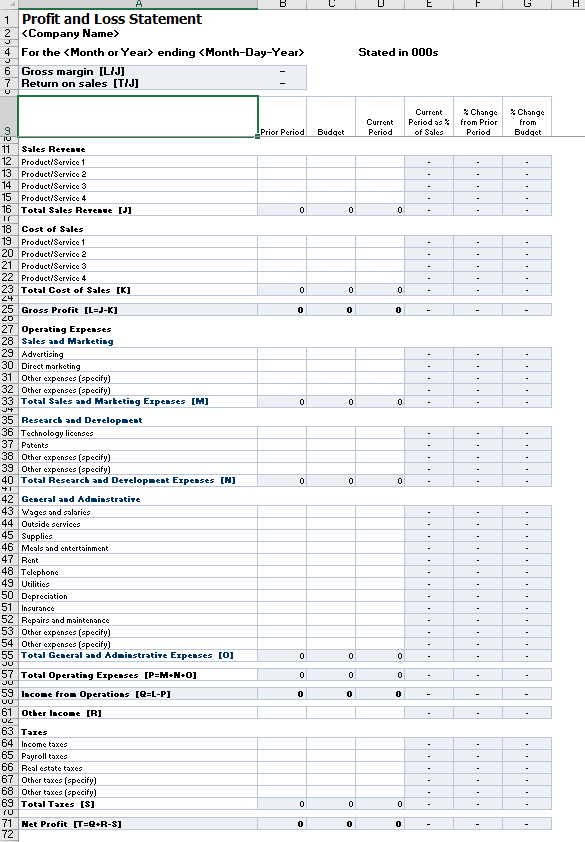Business location is one of the most important decisions that someone launching or expanding a brick-and-mortar business will make. Here are five tips for choosing the right business location that can help you zero in on the best one for your business.
5 Ways to Determine Whether a Potential Business Location is Right for You
Location, location, location! For brick and mortar businesses, few decisions will have more of an impact on the ultimate success and sustainability of their business than the location where they choose to open their doors. Here are five things to consider if you are going to open a new business or expand your business to a new location any time soon.
Few decisions will impact a new business’s ability to be profitable and sustainable more than that of where to locate the business. We came up with this five-point checklist to help those who are looking for help in deciding whether a potential location would be good for their business in the short term as well as over the long haul.
5-Point Checklist for Choosing the Right Business Location for a Brick and Mortar Store
1. The Proximity of Ideal Client Types (Target Audiences) to the Business Location
“Put me in an interesting location with good people – and I’m there.” – Jane Curtin
The proximity of a proposed new business location to individuals that would be a close match to the organization’s “Ideal buyer types” as well as general target audiences is the first consideration that must be satisfied. If a brick-and-mortar business location is not convenient to an adequate number of target audience members relative to where they live, work or play, it’s not likely to be successful or sustainable.
One obvious way to determine whether a location would be suitable for starting a new business or expanding an existing business into a new location is to spend some time at the site, watching to see what type of clientele is patronizing the other existing businesses in the area. Census data and trends can also provide important insight. And free tools like Claritas 360 Zip Code Look Up (formerly Nielsen’s Prizm) can provide you with an overview of the demographics and lifestyle characteristics of zip codes immediately surrounding a proposed site.
2. Business Location Price (Compared to Projections)
“However beautiful the strategy, you should occasionally look at the results.” – Winston Churchill
The cost of a business location is not just a dollar amount. This Excel spreadsheet Entrepreneur.com profit and loss template can help you lay out a three year projection that puts a location’s rent (or lease or mortgage amount) plus property taxes, insurance and other costs into perspective.
Besides the actual dollar amount you would pay to lease, rent or buy in order to get into a prospective new business location, you should also take a look at whether the landlord is willing to make concessions or allowances for any of the following:
- When does the agreement kick in? You do not want to be paying rent during the weeks or months it takes to make the upgrades, repairs, renovations or remodeling that need to be completed before your doors even open.
- Who is responsible for the cost of renovations and upgrades needed to open your business?
- How long are you going to be locked in, how much notice do you need to give in order to vacate, and are there any ‘kick out’ clauses that give you the right to leave if your business can’t make it there?
- Are rent increases automatic or tied to a percentage of business growth? How often has the landlord typically raised rent for tenants, and how large have the increases been?
- Who is responsible for facility repairs and maintenance for your square footage? How about for common areas?
- Will you have the ability to sublease the space or re-assign the lease to another business should your business need to move somewhere else (or close?)
- Can you add co-tenancy agreements, so that if a tenant leaves that typically helps bring traffic to your store, you can relocate as well?
- Can you negotiate for an exclusivity clause that prohibits the landlord from renting other nearby properties to competing businesses?
- Do you have to make personal guarantees or provide any personal collateral that would be at risk if your business could not fulfill the terms of the lease?
Before signing onto a long term lease or rental agreement, it would be well worth your time to speak to other tenants or the owners of nearby businesses for insights on the quality of property management that the landlord generally provides. It could also be beneficial to work with a broker in order to negotiate through the terms of the agreement in order to protect your business, your own personal assets or achieve concessions which effectively reduce the real cost of the property.
3. The Business Location’s Amenities
“Location is all about the efficiency of work for me.” – Michelle Grabner
Some of the location’s amenities may be reflected in the lease or rental agreement as noted above in terms of costs; however, that’s not all. For instance, a location’s proximity to key vendors and suppliers could also make it a more attractive alternative than others.
A location that provides an easy commute and also offers great options for employees to eat, shop, workout, and so on, that could also make it more attractive to quality hires, as would enhanced security and safety, low crime and an overall good reputation.
When considering amenities, think about the non-direct benefits that a location has to offer. If these characteristics make it more attractive for your customers or your employees, they should be considered.
4. The Location’s Alignment with Your Brand
“Location is the key to most businesses, and entrepreneurs typically build their reputation at a particular spot.” – Phyllis Schlafly
The location you choose for your business should align well with your brand. If the appearance, décor, ambiance and other characteristics that impact customer’s perception of your brand do not align with your brand’s reputation (or the brand reputation you want to build), then the location may not be right.
You may be able to upgrade or renovate to turn a location’s square footage into one worthy of your brand reputation; however, if other businesses in the area or common areas contradict that image, then – again – it might not be the best place for your organization.
5. Projected Location Changes
“The essence of strategy is choosing what not to do.” – Michael Porter
Here today, gone tomorrow? When choosing a location for your startup business or choosing a place to add a new franchise or branch of your business, you can’t just consider what the location has to offer today, especially if you will be committing to a long term lease or you will be investing significantly in order to bring the space up to par.
Project into the future three years, five years, ten years or even twenty years down the road. How will your business change? Will the site still be adequate to your needs? Is there room to expand? Will the location continue to be convenient to where members of your target markets are expected to live or work?
***
Opening a new business? We would love to partner with you as your business credit card processing solution! We offer a full range of merchant services that can help your new business make sales, encourage customers to come back again and we offer competitive rates that keep your costs down, helping your startup become more profitable right from the start:
- startup credit card processing solutions
- low-cost and even free point of sale equipment
- free local POS equipment and software installation, setup and service
- gift cards and loyalty marketing
- business cash advance financing – and more
Even if you’re still just in the planning phases, we would be happy to provide you with a free, no risk quote:


